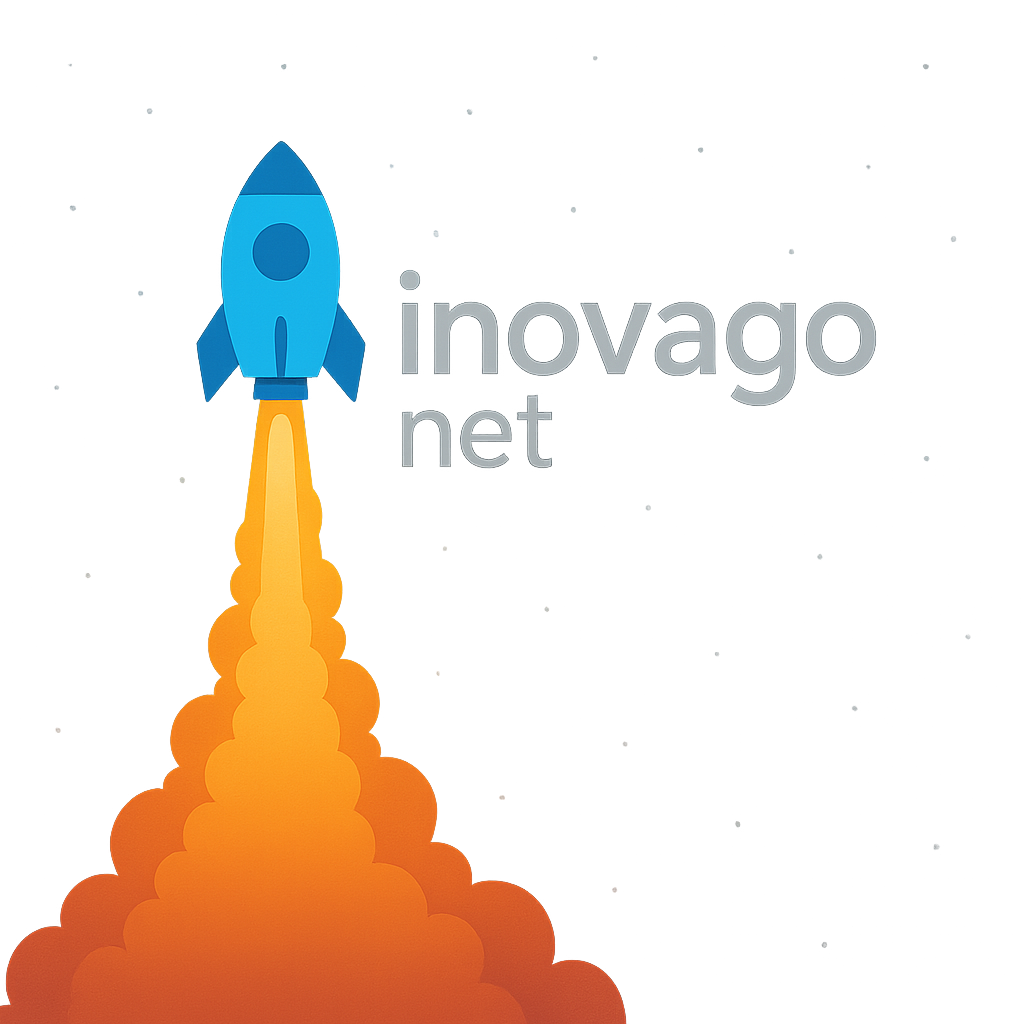Artificial intelligence continues to push the boundaries of creativity, and OpenAI has taken a significant step forward with Sora, its text-to-video generation model. This technological breakthrough could transform the digital content industry, offering unprecedented opportunities for creators, businesses, and marketing professionals. At Inovago, we explored this technology to evaluate its potential and real-world applications.
Sora: How Does It Work?
Sora is designed to interpret a text description and transform it into a realistic video sequence. Unlike traditional tools that require filming or advanced editing, this AI enables content generation within minutes—just by providing an idea.
A Game-Changer for Marketing and Content Creation
With Sora, brands and creators could:
✅ Produce engaging content without cameras or complex software
✅ Create explainer or promotional videos instantly
✅ Experiment with innovative visuals without large production budgets
Our Sora Test: First Impressions
At Inovago, we conducted several tests with Sora to evaluate its capabilities and limitations.
Sora’s Strengths
🔹 Ease of use: No editing skills required—the AI does all the work.
🔹 Advanced visual rendering: Capable of generating high-quality images.
🔹 Flexibility: Works with various visual styles and scenarios.
Current Limitations
🔻 Lack of consistency in some movements and details
🔻 Occasionally inaccurate interpretation of text descriptions
🔻 Still in testing phase and not yet available to the public

Sora opens new possibilities for automated video production, but its adoption will depend on its evolution and ability to deliver reliable, scalable results. At Inovago, we closely monitor these advancements and explore how they can be integrated into digital marketing, storytelling, and visual communication strategies.
